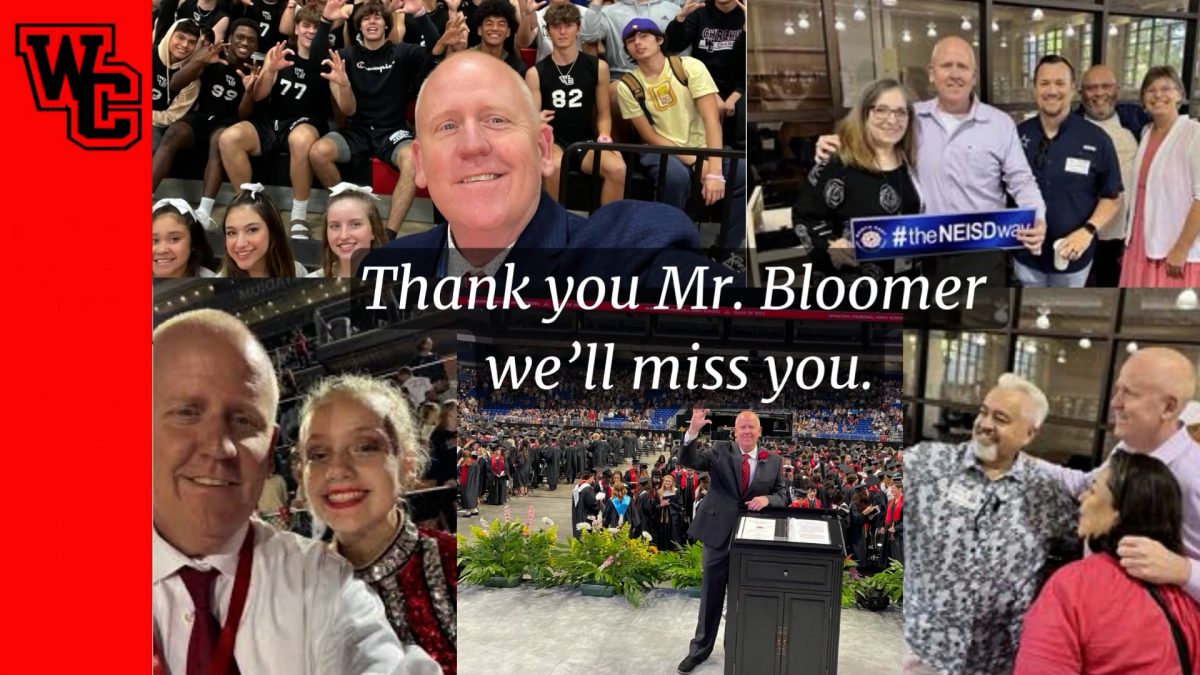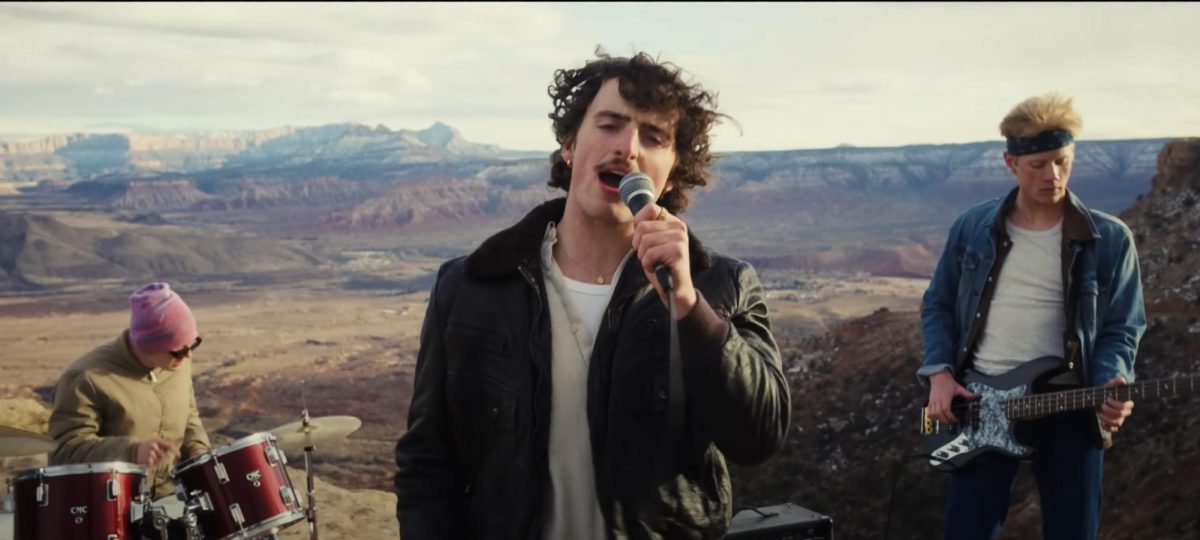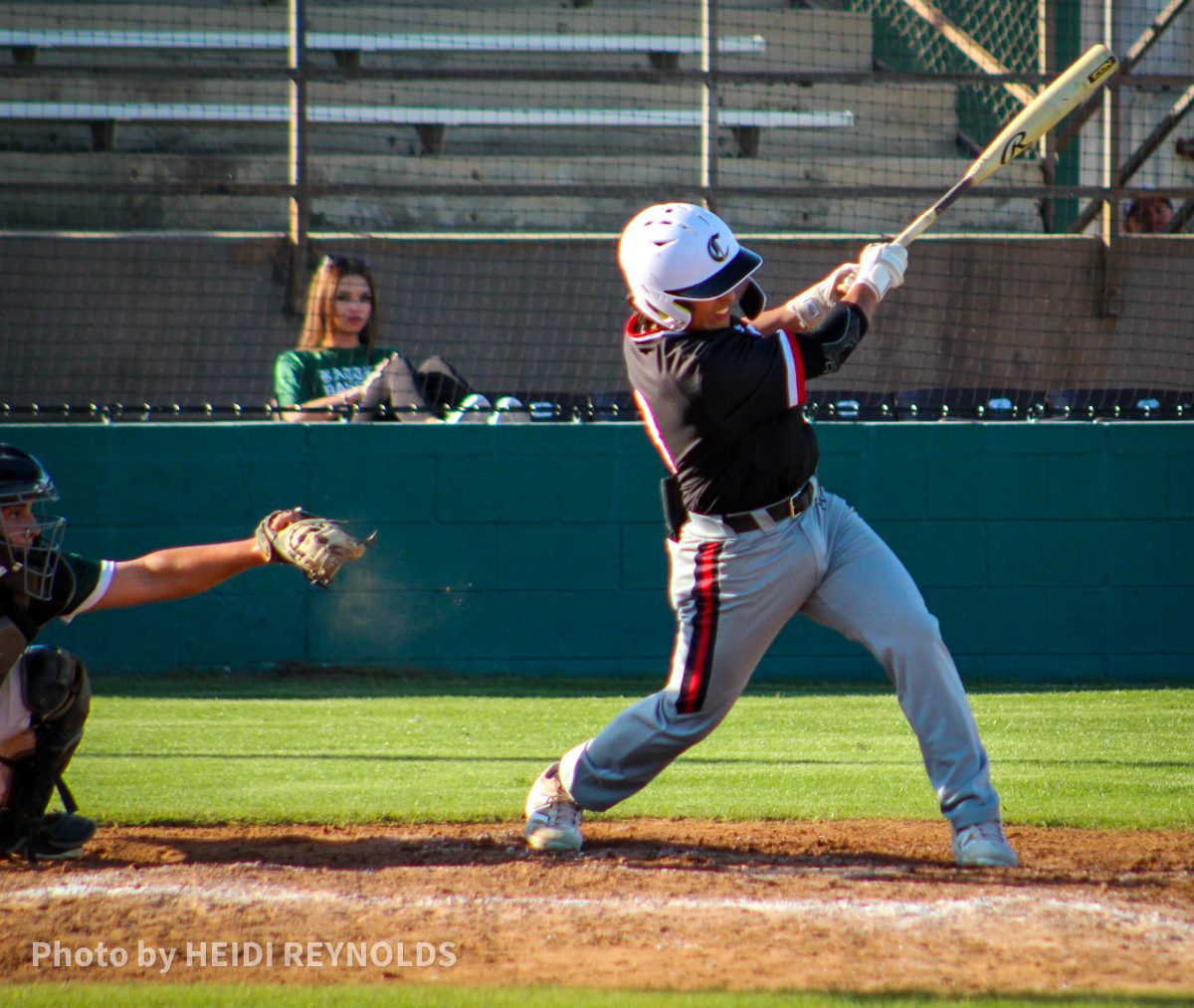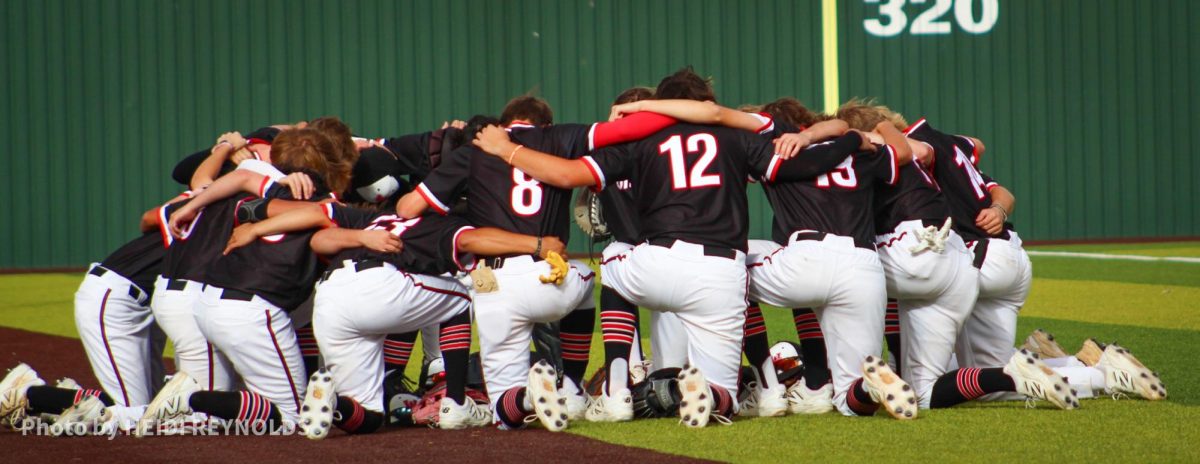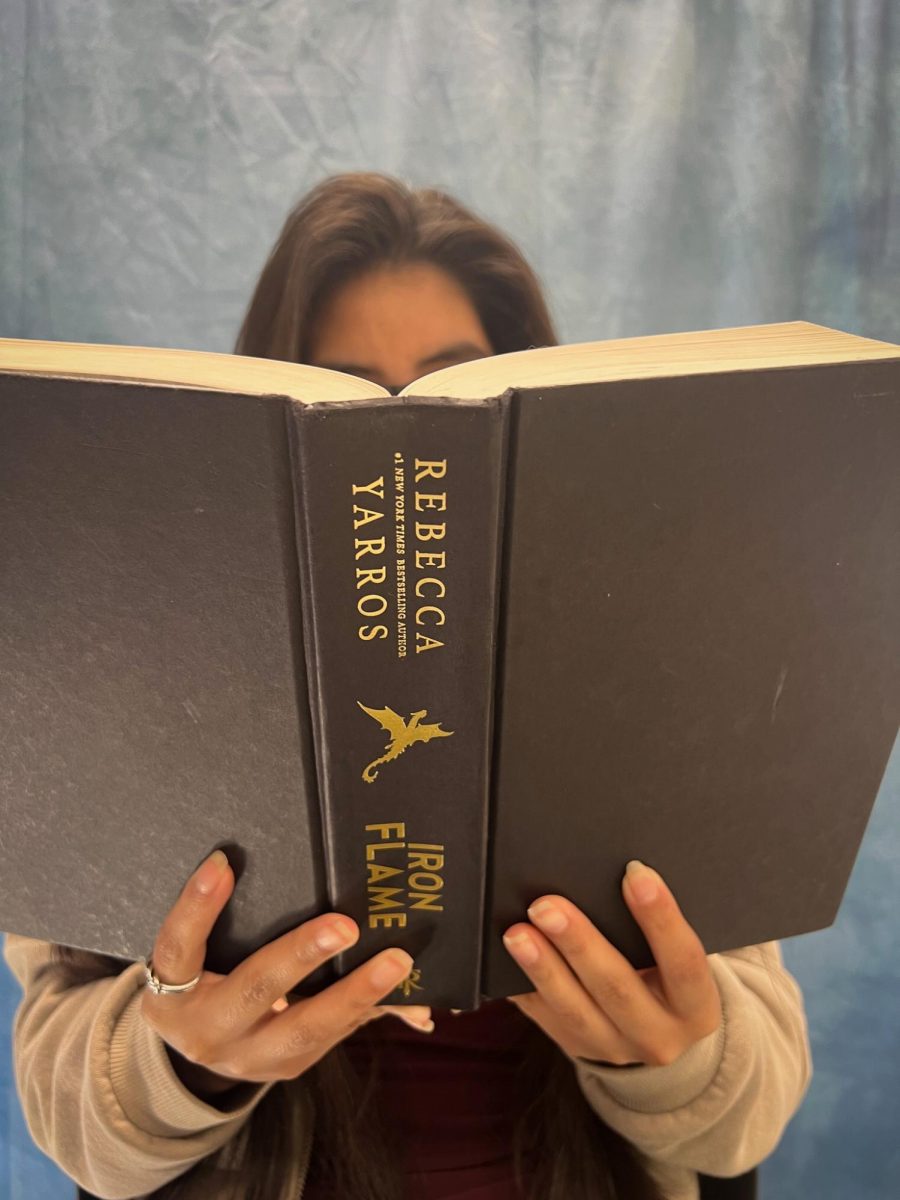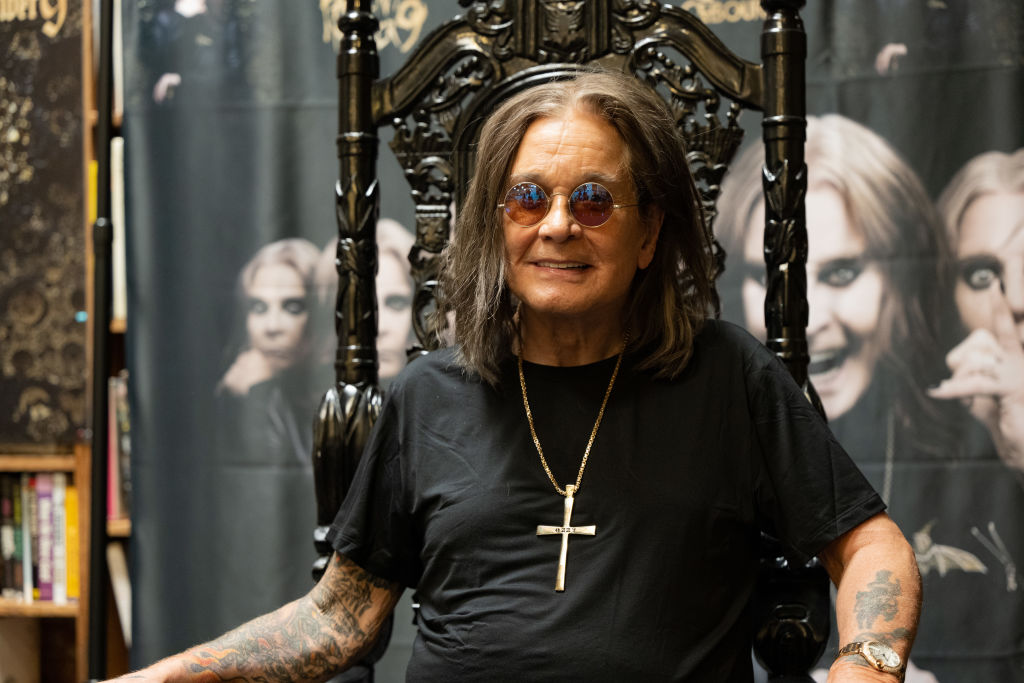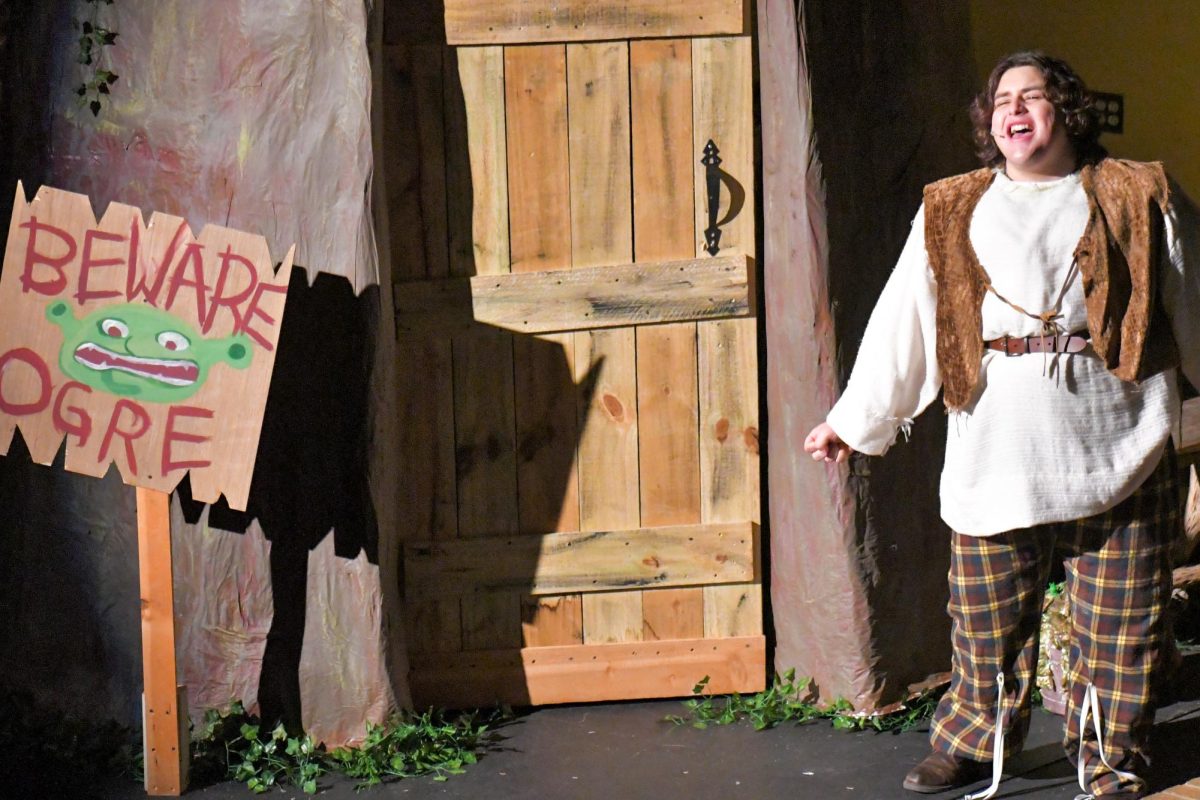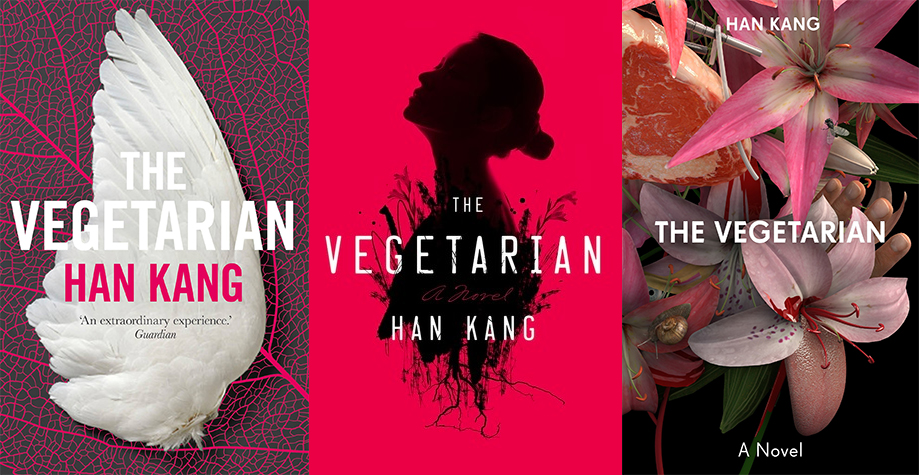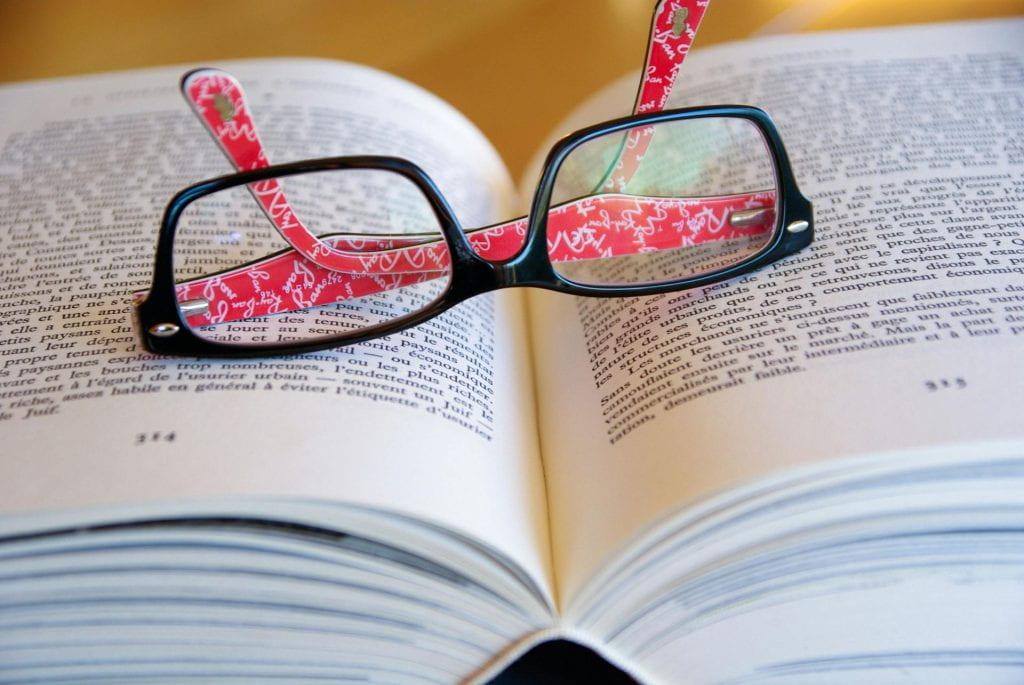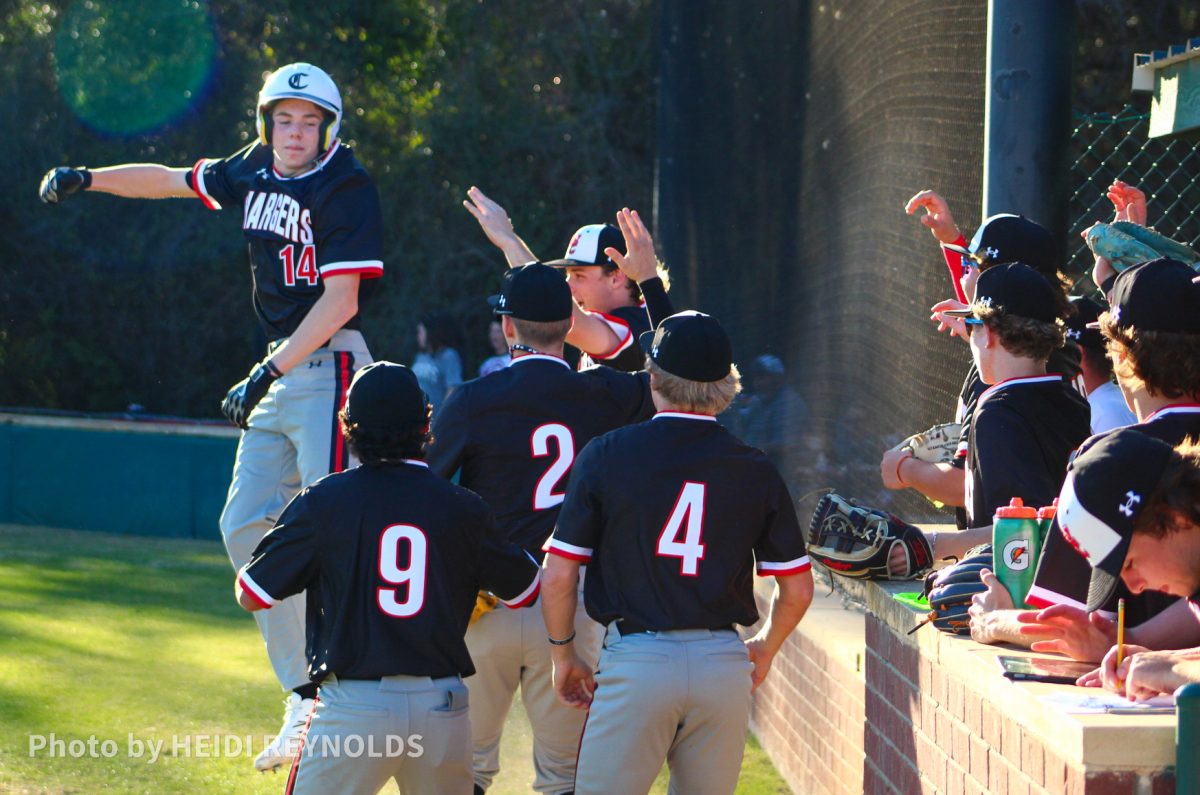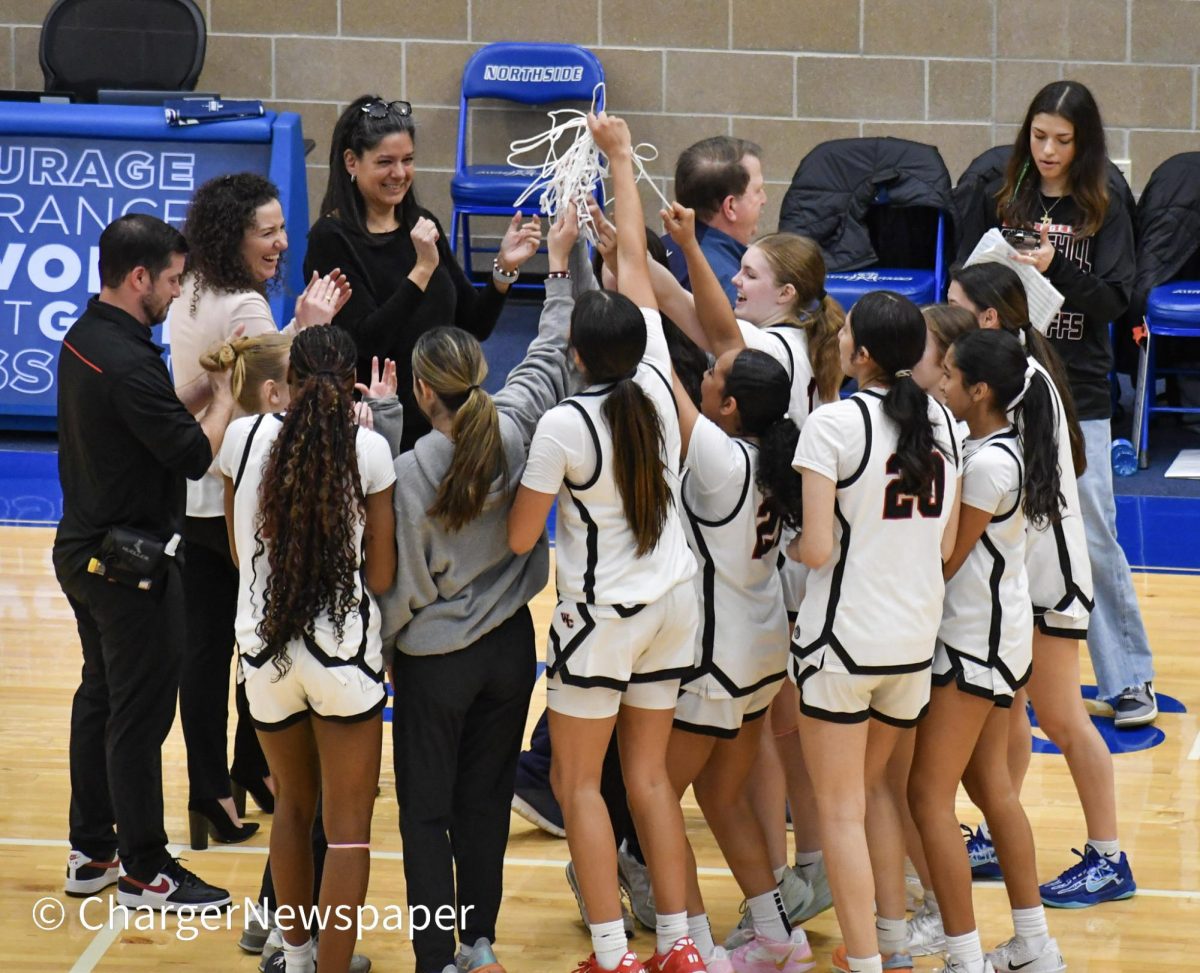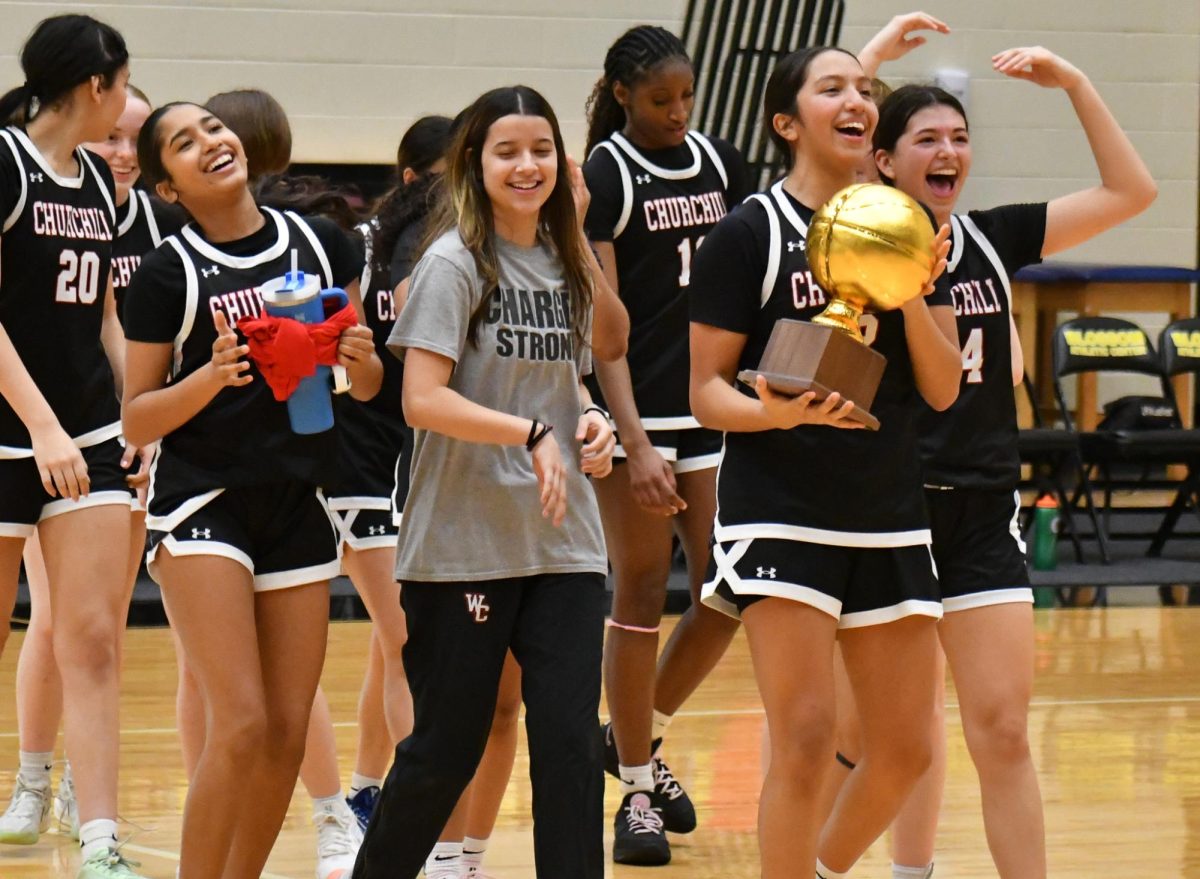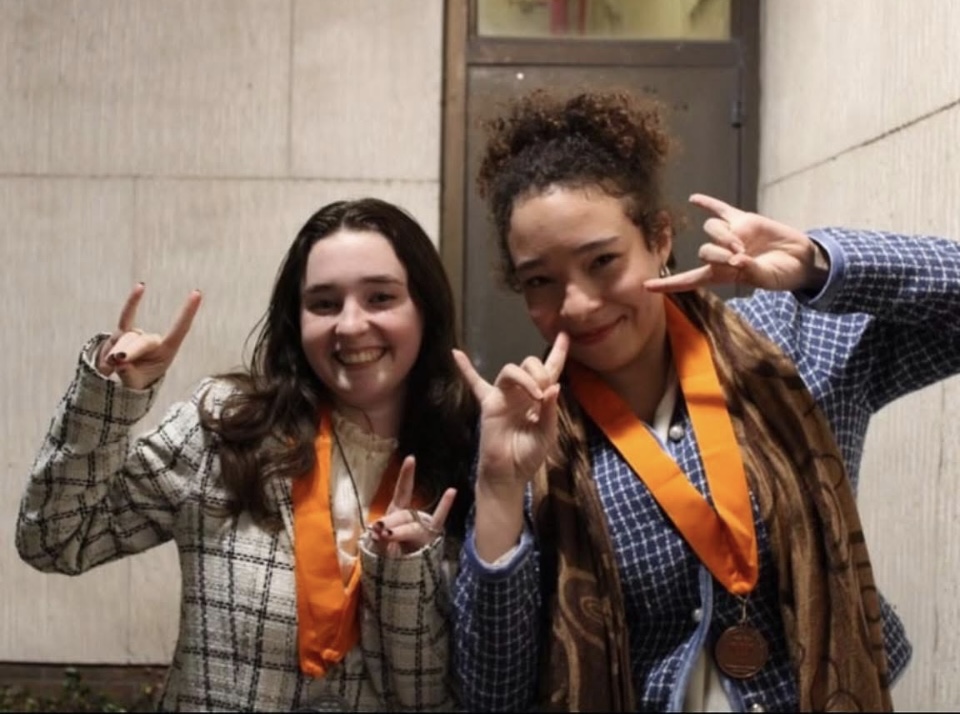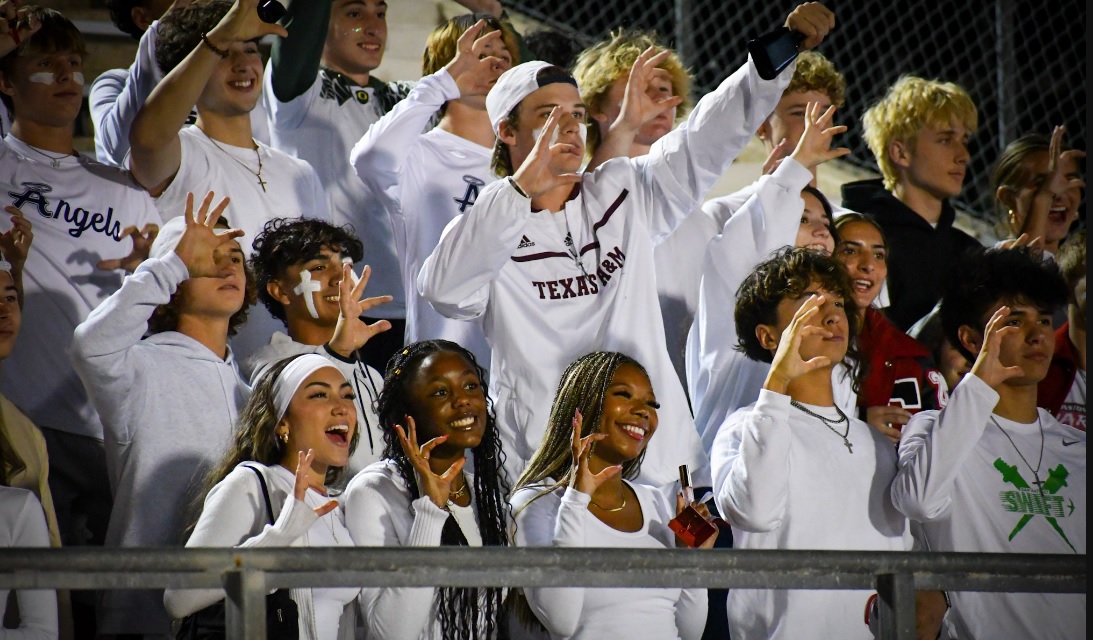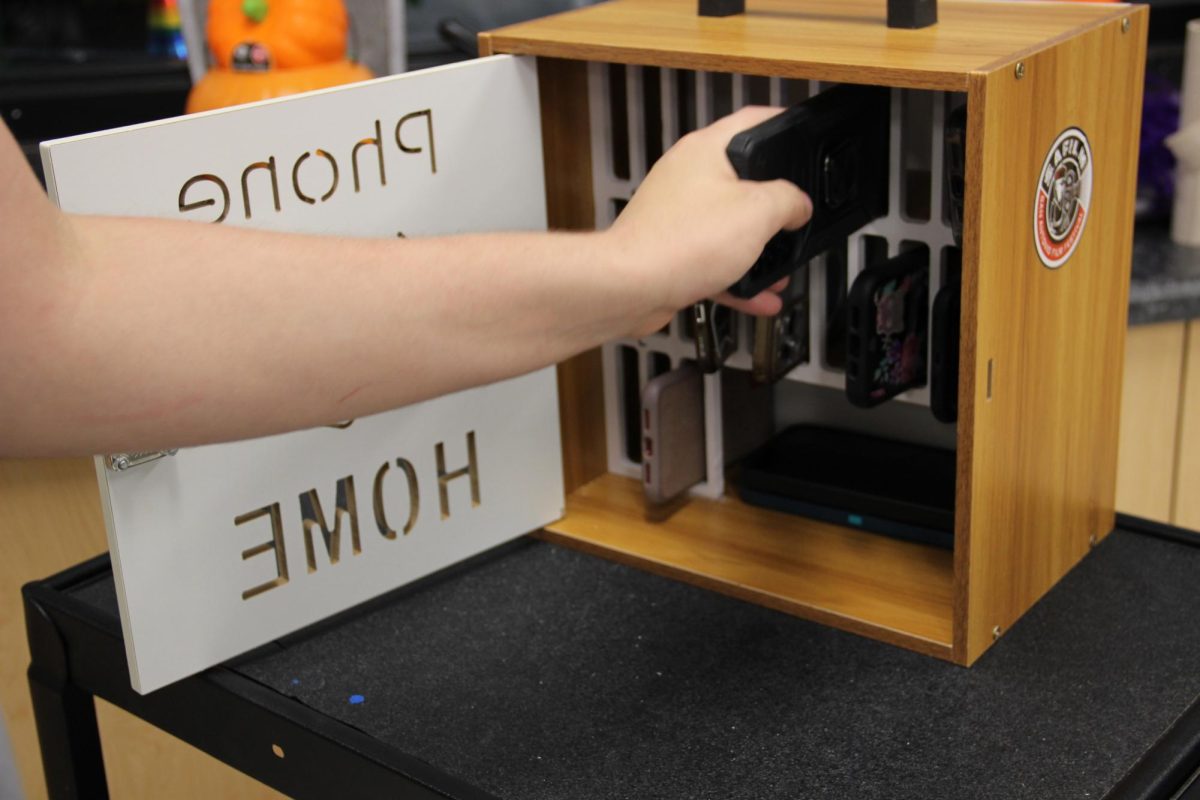This past weekend, the Churchill Forensics team competed in the 25th Annual Longhorn Classic Tournament—the largest invitational tournament in Texas. If you asked them what the big deal about this is, they would throw weird words and acronyms at you; they would tell you that it is a qualifier for the NIETOC in all relevant categories, as well as a Kentucky TOC qualifier and that, of course, it gets you NSDA points. To the non-groupie person, these are just random words… but it is a big deal.
In short, NIETOC (National Individual Events Tournament of Champions) is the Oscars for public speaking. Then we have TOC (Tournament of Champions), where the sharpest minds in Debate face off. And, well, NSDA points help you qualify for nationals. So, yeah—a big deal.
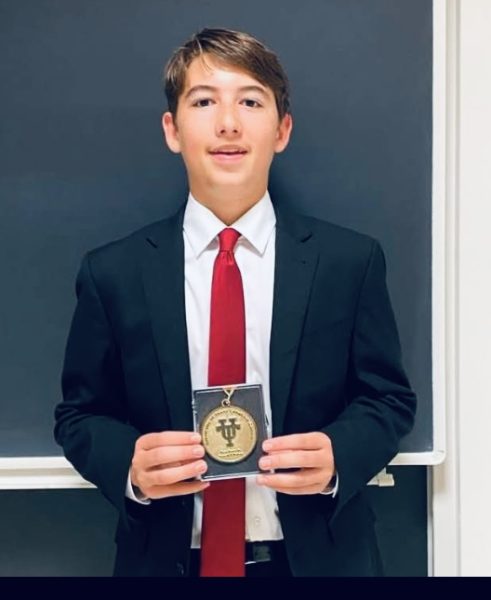
And our debaters and “speeches…” Orators? Oraties? Speakers? (I genuinely have no idea, and neither do they)—they did excellent, with 5th overall sweepstakes for Churchill and many individual recognitions. Moreover, though, it was a great experience for everyone who participated.
“Speech has become such an important part of my high school experience,” a Senior Speech member said. “It has given me, and many others, an outlet for our own experiences and thoughts.”
Speech and Debate is one of the most competitive organizations at Churchill. Their efforts are impressive, and their ability to stand up and speak about their thoughts and beliefs in different areas and other ways (from debate to original oratory to humorous interpretation) is just a testament to their courage and ability. Apart from their ambition, they are also a fantastic community that is supportive of one another.
“I have been participating in this since middle school,” the Freshman in Speech said. And I have found a community that I belong to, even now here in high school.”
In conclusion, Speech and Debate are fantastic parts of the high school journey, especially here at Churchill. They give students a fun way to share their stories, showcase their knowledge and effort, and connect with others while building valuable skills like critical thinking and clear communication. Many students find that the friendships and confidence they gain through these activities stick with them long after graduation.
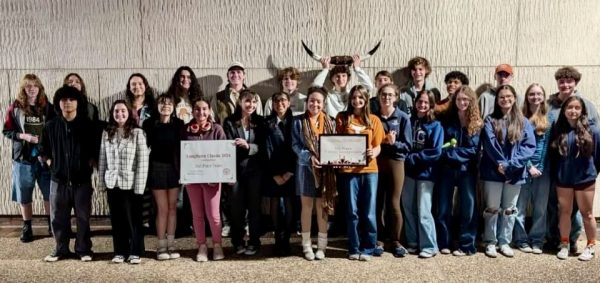
[Also, let me geek out real quick: Forensics, in this case, does not mean, you know, solving crimes and observing a test tube with weird blood-like fluids to determine whether Chief Ramirez, a hot Latino star from the dramatic version of NYPD, might be indeed the father of the baby your colleague, FBI undercover special agent first division blah, just had. Speech and Debate are called forensics because the word “forensics” comes from ancient Greece (like almost everything else), where it was used to describe speaking contests that helped people practice democracy. The term “forensic” means “speaking for judgment.”]

